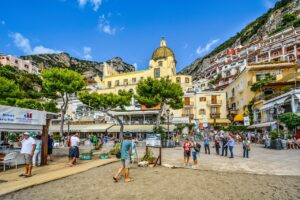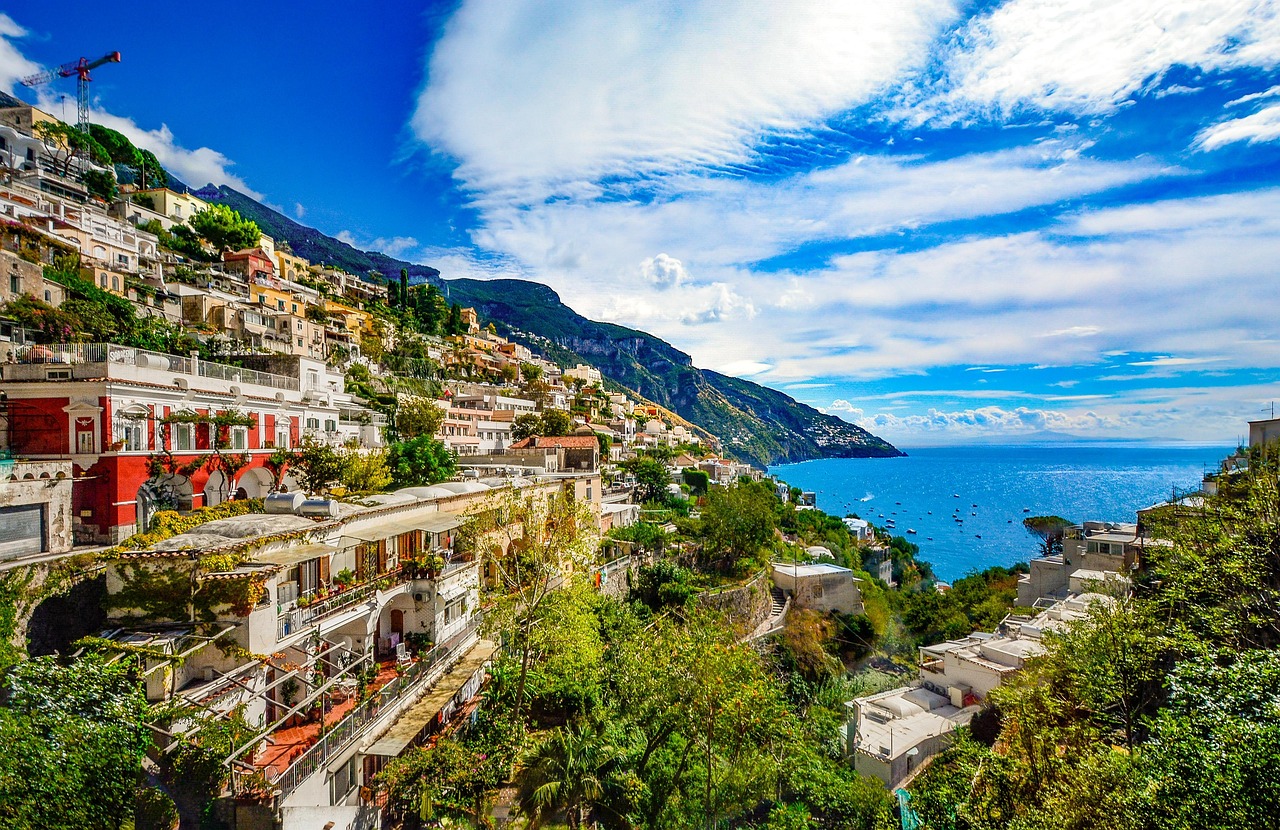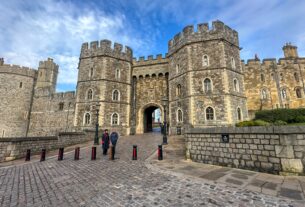Updated: June 2025 | Reading Time: 5 min
🌴 Get Your FREE Bahamas Checklist!
Perfect for planning your island escape 🌊
We respect your privacy. Unsubscribe anytime.
Powered by greattravelnews.com
Welcome to Positano—Italy’s Cliffside Dream
Tucked into the cliffs of the Amalfi Coast, Positano is a picture-perfect seaside town with cascading pastel houses, lemon-scented breezes, and endless coastal charm. While it’s stunning year-round, timing your trip just right can take your experience from “amazing” to “unforgettable.”
So… when is the best time to visit Positano? Let’s break it down by season, so you can plan your ideal escape.
🌿 Spring (April to Early June): Positano in Bloom

If you’re chasing floral magic and milder temperatures, spring is the season to go. Bougainvillea spills over balconies, lemon trees glow in the sun, and the town comes alive after a quiet winter.
Why visit in spring?
-
Lush flowers and vibrant colors everywhere 🌸
-
Fewer tourists = easier reservations & peaceful walks
-
Ideal weather for hiking and exploring (15°C to 24°C / 59°F to 75°F)
-
Lower prices compared to summer
Don’t miss: A hike along the Path of the Gods for panoramic views and fresh wildflowers.
☀️ Summer (Mid-June to August): Buzzing and Beautiful
Summer is Positano at its most glamorous and lively. This is when the town is packed with travelers, yachts fill the harbor, and beach clubs pulse with music and spritzes.
Pros:
-
Warm, swimmable sea 🌊
-
Festivals, fireworks, and summer nightlife 🎶
-
Picture-perfect beach days
Cons:
-
Prices soar 💸
-
Crowds can be overwhelming
-
Hot days (up to 30°C / 86°F)
Pro tip: Book accommodations and dinner reservations well in advance!
🍂 Autumn (September to October): A Golden Retreat
Autumn might be Positano’s best-kept secret. The weather is still warm, the crowds thin out, and the golden afternoon light makes the coast feel like a film set.
Why we love it:
-
Warm seas + cool evenings
-
Harvest flavors in local cuisine (figs, chestnuts, fresh seafood)
-
Lower prices and relaxed energy
Perfect for: Couples, photographers, and off-peak travelers.
❄️ Winter (November to March): Quiet Charm
Positano slows down in winter—and that’s not a bad thing. While many restaurants and hotels close, the village transforms into a peaceful, almost spiritual place.
Winter vibe checklist:
-
Dramatic views with moody skies 🌫
-
Local charm without the crowds
-
Super low hotel rates
-
Fewer services (limited ferries, closures)
Best for: Writers, solo travelers, or those craving silence and scenery.
💡 When’s the Best Time to Go?
Our pick: Late April to Early June
You’ll get the best of all worlds—flowers, sunshine, light crowds, and open businesses.
✨ Final Tips for Visiting Positano
-
Stay central if you want easy beach access—just know there will be stairs!
-
Book in advance (especially April–October).
-
Pack layers, comfy shoes, and a good camera—you’ll need all three.
💬 Have You Been to Positano?
Drop your favorite memory or tip in the comments below 👇
And don’t forget to follow for more dreamy destinations around Italy and beyond! 🇮🇹🌍




